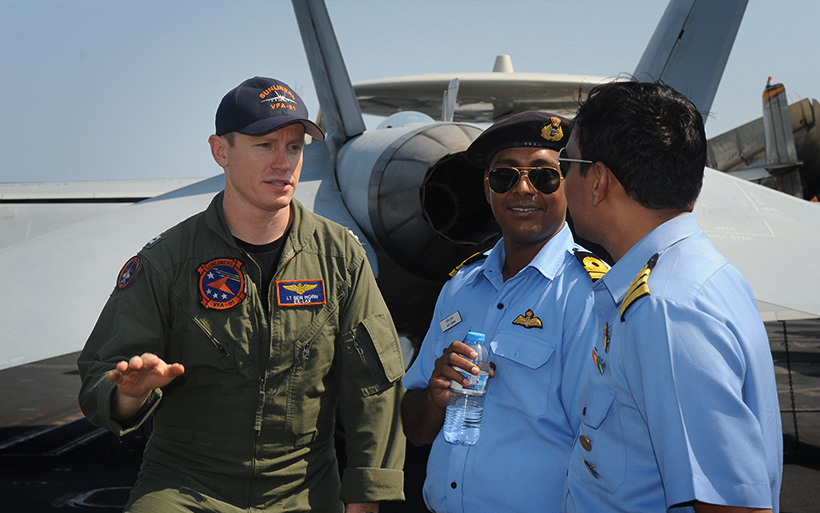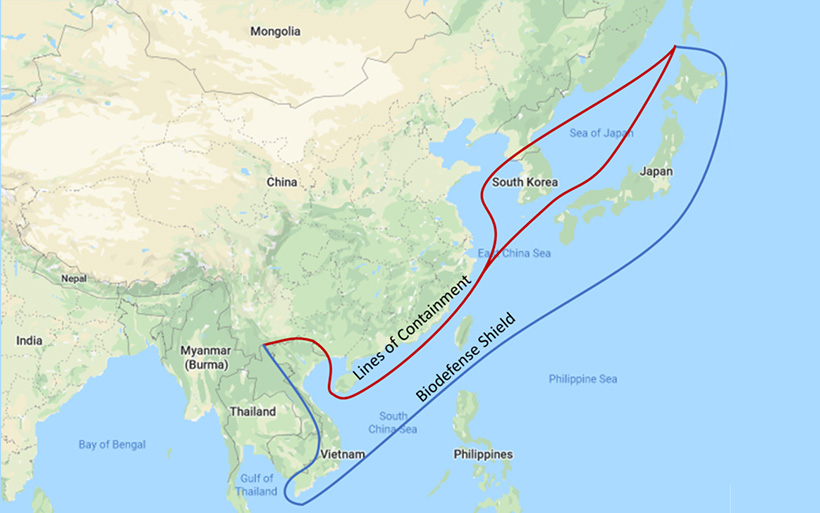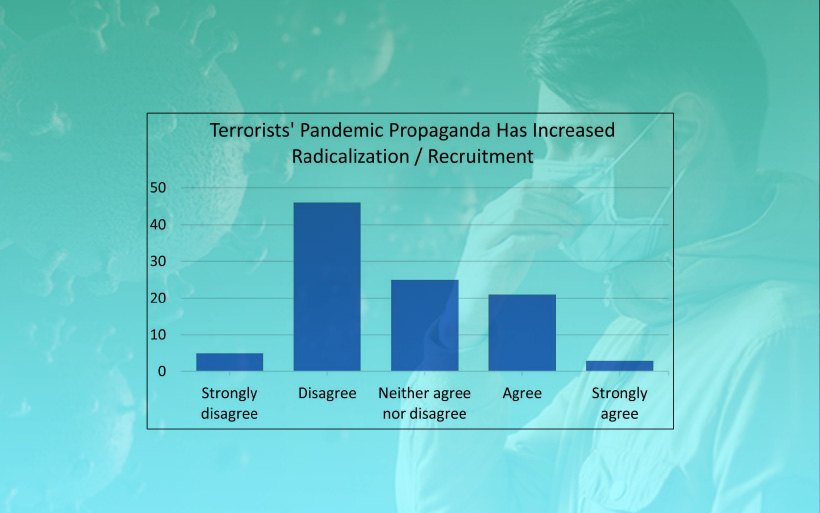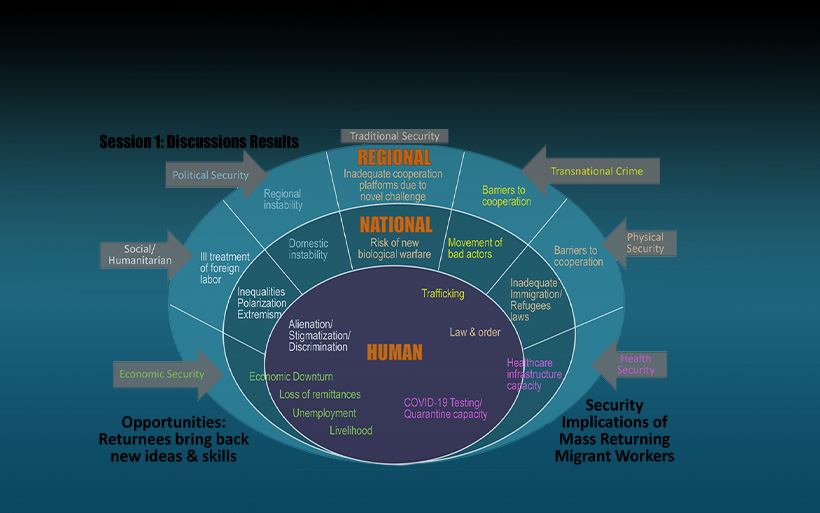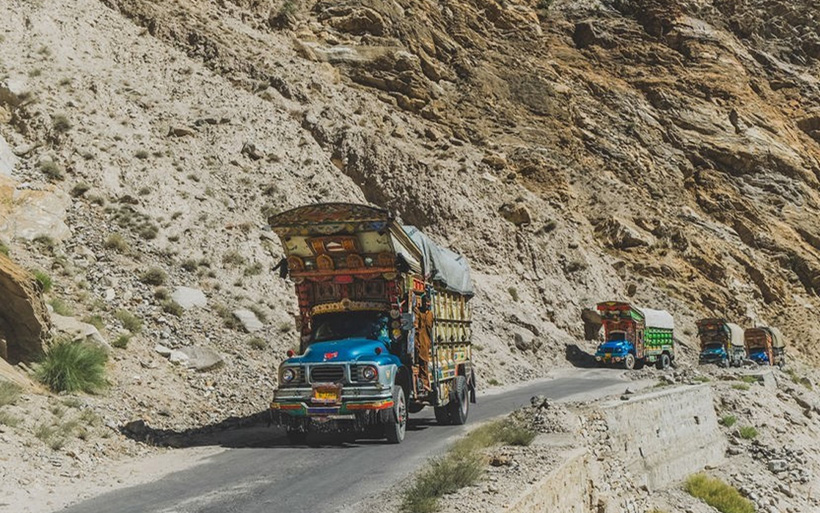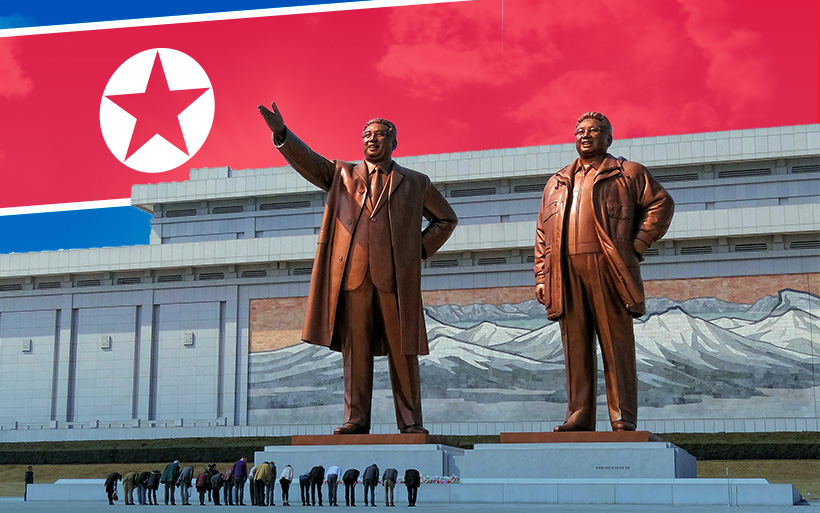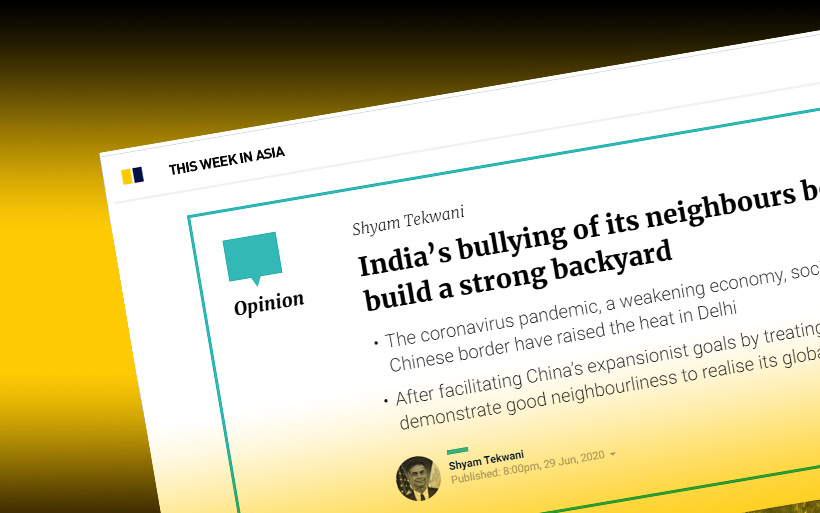Before it’s Too Late: U.S. Maritime Grand Strategy in the Indian Ocean and the Arctic Ocean
Three DKI APCSS professors recent coauthored a paper titled “Before it’s Too Late: U.S. Maritime Grand Strategy in the Indian Ocean and the Arctic Ocean.” Prof. Wade Turvold, Capt. Kimberly McCann and Capt. James McMullin collaborated on this OpEd for Security Nexus. This paper examines the actions of the Chinese Communist Party (CCP) in the South China Sea as a means to predict their intent in the Indian and Arctic Oceans. Excerpt The CCP’s unlawful aggression and coercive actions during the COVID-19 global pandemic forebodingly highlight its determination to achieve its objectives at all costs. For example, the CCP [...]


